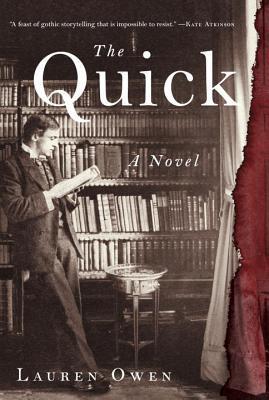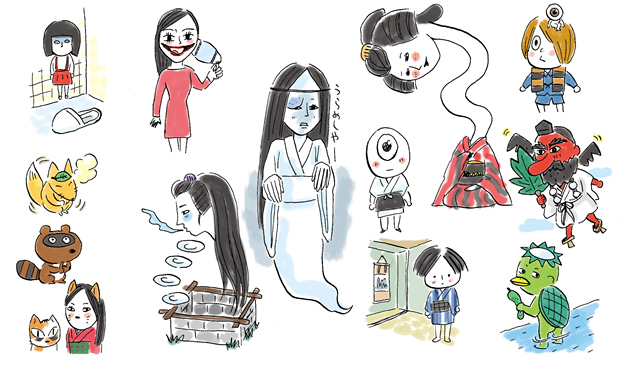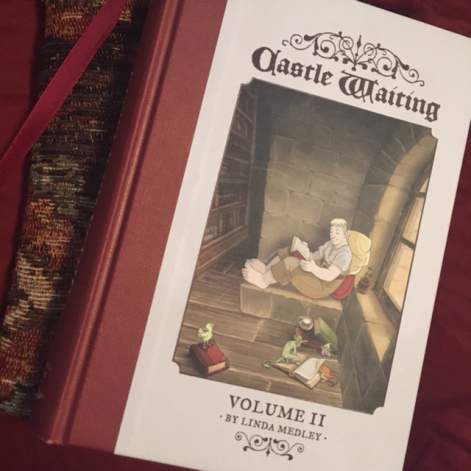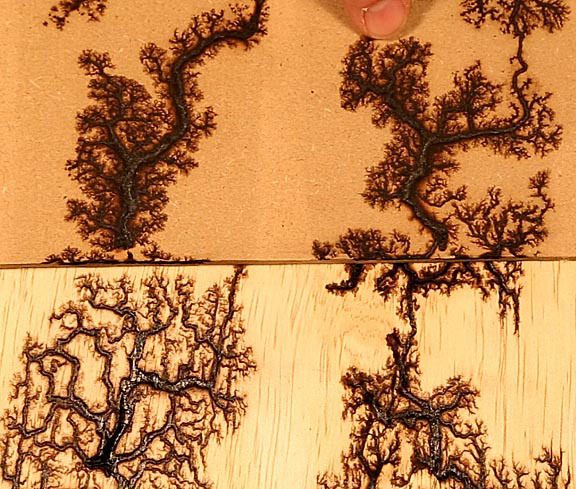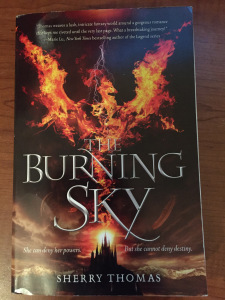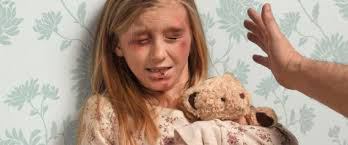
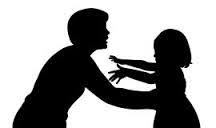

In the second part of the novel “Lullabies for Little Criminals” Baby life has just gotten worse. She starts smoking and doing drugs constantly, her father has gotten out of rehab but he has become worse then he was before, he is having some money problems and he takes out his anger on Baby. She then starts hanging out with a boy named Theo who has a very bad influence on her and she also becomes very close with a town pimp named Alphonse who comforts her until he could get her to trust him and become a prostitute.
In the novel, there are many characters that can be considered archetypal characters. The first character is Baby who is the protagonist and the hero. She goes through a lot of horrible events and obstacles throughout her life, I consider her a hero because she is trying to better her life and fight her battles in her own way, she has a heroin addict father and doesn’t have a mother so she really doesn’t have a stable home life. She also doesn’t live in the greatest neighbourhood and the people that she is surrounded around are very negative people who do bad things, for example, Theo influences Baby to break into someone’s house and steal and break things and that is something Baby would never do if she hadn’t been influenced by her friend. Baby tries to do good in school and be a good kid but she is constantly being held down by her surroundings and the lack of attention from her father, which leads her on to seeing Alphonse and making her do drugs and becoming a prostitute. I believe she is a hero in the story because she fighting to be a good person and that makes her a hero.
Jules, Baby’ s father would fit into the archetypal role of trickster. Jules’s heroin addiction is what makes him a trickster, he is always manipulating people to get what he needs and wants he doesn’t really care about his daughter or anyone else. Alphonse is also a trickster because he manipulates Baby into doing drugs and becoming a prostitute. He doesn’t care about Baby and he knows that she is just a little girl who needs attention and he uses that advantage and gives her gifts and make it seem like he cares about her when he really doesn’t to get what he wants. Another character who would fit well in the role of trickster would be Theo. Theo is always causing trouble by stealing and vandalizing things as well as harassing other kids for no reason.
The archetypal “Great Mother” character is missing. Baby’s mother has passed away shortly after she was born, and her father has raised her by himself her whole life. Baby is constantly looking for that mom figure in her life, for example, her foster mother Isabelle and her neighbour Mary temporary fill in the place of her mother. When Theo’s mother was hugging her she felt very guilty after the hug because it wasn’t her mother “I felt guilty about having let her hug me. I felt violated and dirty, as if I’d raped myself. Falling in love with a mother like that was about as low as you could go in this world” (O’Neill 122). This quote shows that no one can replace the love of a mother and she’ll never have someone who understands her and will always love her like a mother would.
There are many archetypal symbols in the novel, one of them is Baby’s doll. Baby loved that doll a lot because it was the only thing left from her mother “Jules had thrown out all my toys because he thought the dust they collected was going to kill him. I’d only been allowed to keep one special rag doll. It was a doll that my mother had bought for me when she was pregnant” (O’Neill 97). Jules was mad at Baby for taking a lot of time in the grocery store so he took it out his anger by knocking over all her things and tearing apart her doll that she loves very much “There, lying on the floor, was my rag doll, its arms and legs ripped off. I dropped to my knees and picked her pieces up. I’d never get another one. Jules never thought to buy me pretty things like that. That doll had been like a miracle to me. It had reminded me that I’d been loved by a mother. Now I was a nothing, a real nobody” (O’Neill 119). This doll was a symbol of love and family and now that had been torn apart by Jules she has none of those things. There are many other archetypal symbols throughout the novel but the doll is one of the important ones.
Based on Baby’s archetypal journey, I believe that she is going down to a very bad path, into the world of prostitution. She has become very close to a town pimp and he had given her bunch of gifts, one of them was knee-high socks. Jules sees Baby wearing these and he punches her given her a black eye as well as calling her names that made her more hurt then the black eye, he states “If you start with guys now, you’ll be all used up and no guy will want you…I’d be embarrassed to walk down the street with you, everybody knowing that my kid’s a whore”(O’Neill 157). He also calls social services when he sees a picture of her and Alphonse and Baby is sent to Detention Centre, where she stayed for a couple of months. Baby feels very lonely and betrayed by her father so I think that since Baby only has Alphonse now he is going to take advantage of that since she has nobody and make her do whatever he asks her to do.
From what I predicted, in the beginning, her life is just getting worse and yet again another horrible event had happened to her, but can it get any worse from this? from what I have read her life is not getting any better.
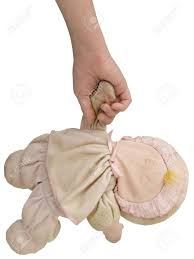

Work Cited
ONeill, Heather. Lullabies for little criminals: a novel. Harper Perennial, 2016.
Advertisements Share this:
